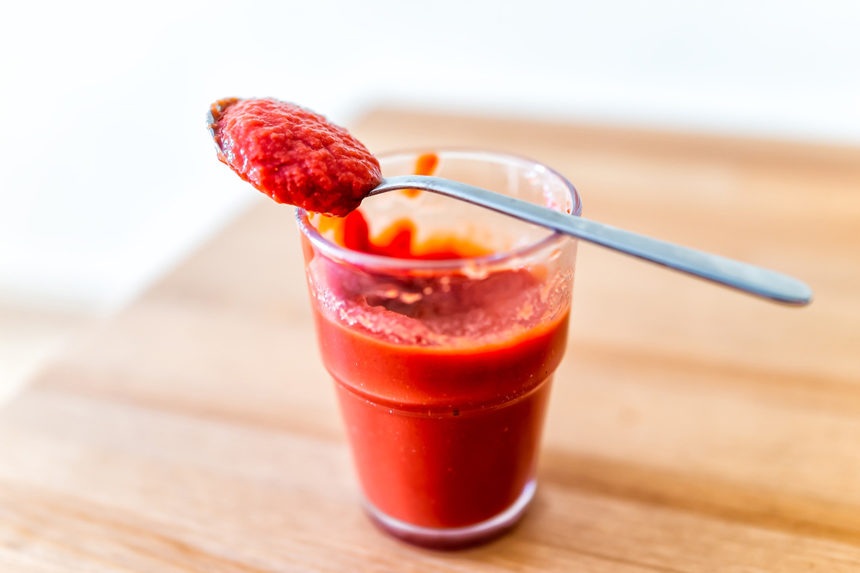Managing editor and logophile Andy Hollandbeck reveals the sometimes surprising roots of common English words and phrases. Remember: Etymology tells us where a word comes from, but not what it means today.
If lemonade is a tasty lemon-flavored soft drink, and orangeade is a tasty orange-flavored soft drink, then what exactly, I asked myself this weekend while preparing dinner, is marinade? So while my chicken breasts swam in a tangy soup of oil, balsamic vinegar, herbs, and spices, I did some digging to find out.
Like much of our culinary vocabulary, marinate (v.) and marinade (n.) came to English through French, in this case during the 17th century from mariner “to pickle in brine,” especially in sea brine. That reference to the sea isn’t trivial: Mariner traces its roots back to the Latin mare “the sea,” which is also the root of marine, marina, and submarine.
So if marinade were a soft drink, it would be a tall cold glass of salty seawater. (But I don’t recommend adding this to your menu.)
A similar word that is related etymologically — but not gastronomically — is marinara. It too traces its roots to the Latin mare, but instead of coming through French, it came to English through (obviously) Italian.
Don’t expect some surprising story about Old World Italians cooking their pasta in seawater. No, marinara refers not to the sea itself, but to the people who work upon it. It’s a shortened form of alla marinara, meaning “in sailor style.”
One story of the origin of this simple but tasty tomato sauce is that sailors’ wives, seeing their husbands’ ships coming into harbor after many days at sea, created marinara from what they had on hand in a rush to pull together a hot dinner to have ready when their husbands got home. I find this story entirely too romantic to be true.
More likely, the sailors themselves created the first marinara sauces. Tomatoes, olive oil, garlic, and dried herbs — the ingredients of a traditional marinara sauce — can all keep for a long time without spoiling, making them great foods to stock for long sea voyages. Plus, it takes about the same amount of time to create marinara as it does to cook pasta, so it would be a compact, time-efficient meal aboard a working ship.
Regardless of who made it first, marinara originated in the coastal towns of Southern Italy, and it isn’t very old. Tomatoes, remember, were a fruit of the New World; they probably didn’t reach Italy until the 16th century, and marinara was developed during the 17th.
Italian emigrants took their marinara with them around the world during the 19th and early 20th centuries. According to Merriam-Webster Dictionaries, the word marinara wasn’t adopted into English until 1948. As common as marinara is now, some of our readers may still remember a time when spaghetti alla marinara seemed like some exotic foreign dish.
These days, though, it’s pretty mundane fare. But it still pairs great with marinated chicken breast and a nice Chianti.
Featured image: Shutterstock
Become a Saturday Evening Post member and enjoy unlimited access. Subscribe now



